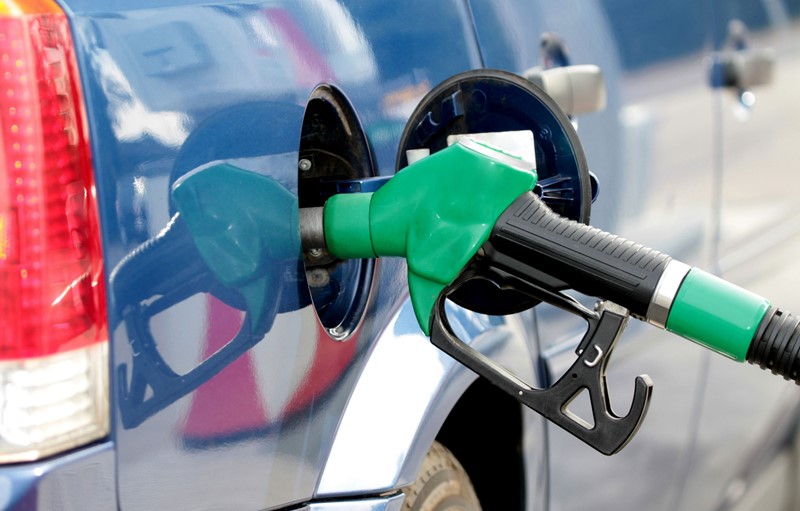There are four options for the VAT treatment of road fuel costs.
- Treat all of the VAT as input tax because 100% is used for business purposes. This option only applies to fuel for cars used exclusively for business purposes, such as pool cars.
- Treat all of the VAT as input tax and either apply the fuel scale charges or account for VAT on the basis of amounts charged to the employee. If a business makes a charge for the private use of fuel it can opt to account for output tax on the basis of the amount charged to the employee. Or it can opt to apply the fuel scale charge instead of accounting for VAT on the charge made. The scale charge is a fixed amount and saves business car users the chore of keeping detailed records of actual private mileage.
- Use detailed mileage records to separate the business mileage from the private mileage. This option will require businesses to keep detailed mileage records to demonstrate that only the business element of the VAT charged on fuel has been treated as input tax.
- Treat no VAT incurred as input tax. This option allows businesses to choose not to pay the relevant scale charges. If they do this, they must not recover input tax on any road fuel bought by the business. Any business that opts to use this concession must do so in respect of all fuel used by it in all vehicles including commercial vehicles.
This is a complex area and care needs to be taken to ensure the best possible method is used considering the many variables at play.
Source:HM Revenue & Customs | 04-08-2023


Recent Comments